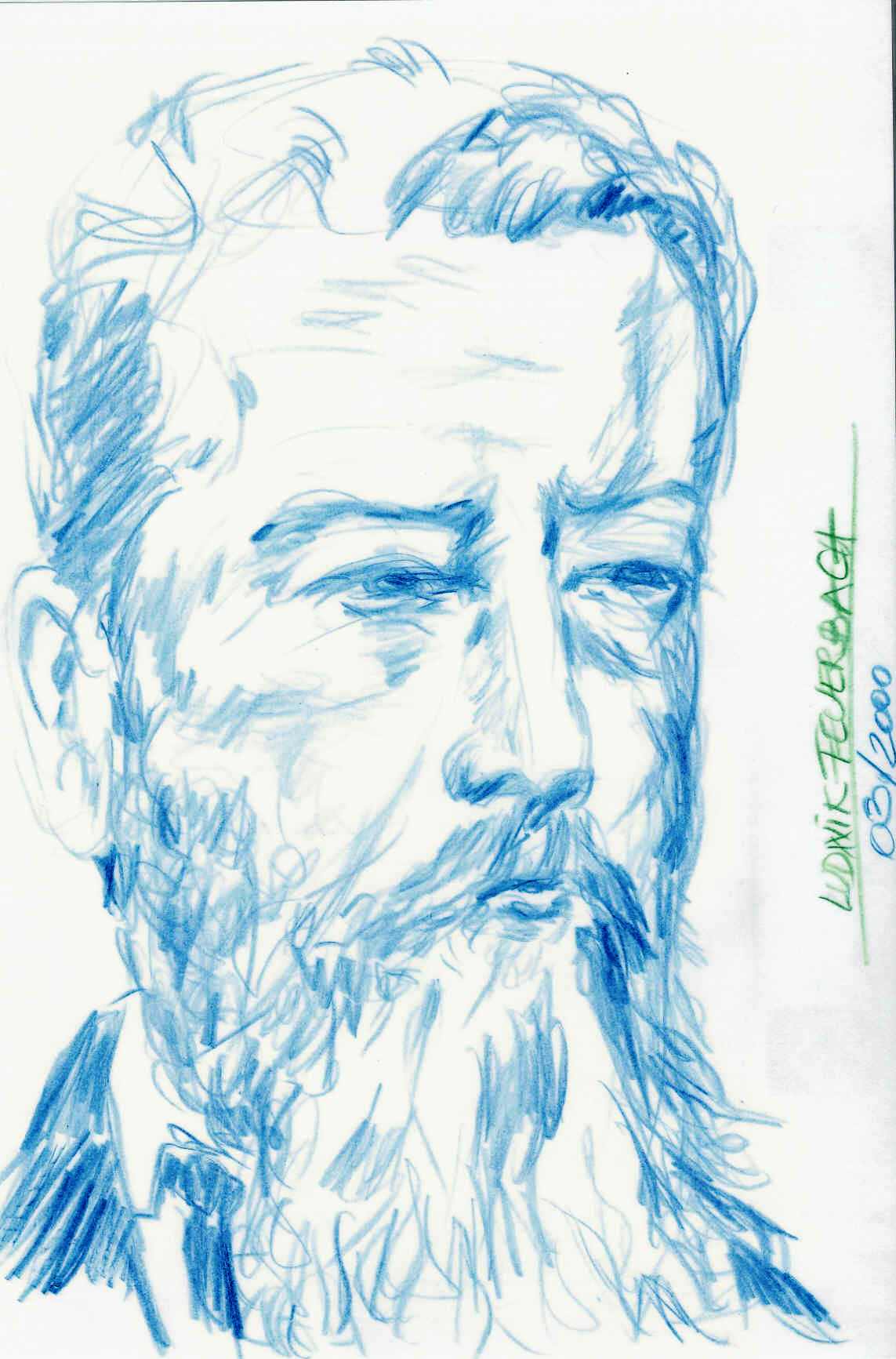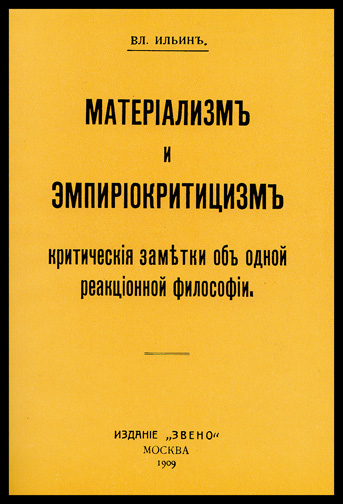|
Philosophical Notebooks
The ''Philosophical Notebooks'' of Lenin were a series of summaries and commentaries on philosophical works by Lenin. Included were works by Aristotle, Hegel, Feuerbach, Marx, and Deborin. Lenin's notes on dialectics played an influential role in Soviet and Chinese studies on contradiction and the unity of opposites. The Notebooks are often contrasted by scholars with Lenin's ''Materialism and Empirio-criticism''. The proper interpretation of the notebooks would play a major role in the Mechanist debate of the 1920s in the USSR and the One Divides Into Two controversy of 1964 in China. See also * Vladimir Lenin bibliography External links * Philosophical Notebooks' by Vladimir Lenin at the Marxists Internet Archive Marxists Internet Archive (also known as MIA or Marxists.org) is a non-profit online encyclopedia that hosts a multilingual library (created in 1990) of the works of communist, anarchist, and socialist writers, such as Karl Marx, Friedrich Eng ... 1 ... [...More Info...] [...Related Items...] OR: [Wikipedia] [Google] [Baidu] |
Lenin
Vladimir Ilyich Ulyanov. ( 1870 – 21 January 1924), better known as Vladimir Lenin,. was a Russian revolutionary, politician, and political theorist. He served as the first and founding head of government of Soviet Russia from 1917 to 1924 and of the Soviet Union from 1922 to 1924. Under his administration, Russia, and later the Soviet Union, became a one-party socialist state governed by the Communist Party. Ideologically a Marxist, his developments to the ideology are called Leninism. Born to an upper-middle-class family in Simbirsk, Lenin embraced revolutionary socialist politics following his brother's 1887 execution. Expelled from Kazan Imperial University for participating in protests against the Russian Empire's Tsarist government, he devoted the following years to a law degree. He moved to Saint Petersburg in 1893 and became a senior Marxist activist. In 1897, he was arrested for sedition and exiled to Shushenskoye in Siberia for three years, where he married ... [...More Info...] [...Related Items...] OR: [Wikipedia] [Google] [Baidu] |
Aristotle
Aristotle (; grc-gre, Ἀριστοτέλης ''Aristotélēs'', ; 384–322 BC) was a Greek philosopher and polymath during the Classical period in Ancient Greece. Taught by Plato, he was the founder of the Peripatetic school of philosophy within the Lyceum and the wider Aristotelian tradition. His writings cover many subjects including physics, biology, zoology, metaphysics, logic, ethics, aesthetics, poetry, theatre, music, rhetoric, psychology, linguistics, economics, politics, meteorology, geology, and government. Aristotle provided a complex synthesis of the various philosophies existing prior to him. It was above all from his teachings that the West inherited its intellectual lexicon, as well as problems and methods of inquiry. As a result, his philosophy has exerted a unique influence on almost every form of knowledge in the West and it continues to be a subject of contemporary philosophical discussion. Little is known about his life. Aristotle was born in th ... [...More Info...] [...Related Items...] OR: [Wikipedia] [Google] [Baidu] |
Hegel
Georg Wilhelm Friedrich Hegel (; ; 27 August 1770 – 14 November 1831) was a German philosopher. He is one of the most important figures in German idealism and one of the founding figures of modern Western philosophy. His influence extends across the entire range of contemporary philosophical topics, from metaphysical issues in epistemology and ontology, to political philosophy, the philosophy of history, philosophy of art, philosophy of religion, and the history of philosophy. Born in 1770 in Stuttgart during the transitional period between the Enlightenment and the Romantic movement in the Germanic regions of Europe, Hegel lived through and was influenced by the French Revolution and the Napoleonic wars. His fame rests chiefly upon ''The Phenomenology of Spirit'', ''The Science of Logic'', and his lectures at the University of Berlin on topics from his ''Encyclopedia of the Philosophical Sciences''. Throughout his work, Hegel strove to address and correct the problema ... [...More Info...] [...Related Items...] OR: [Wikipedia] [Google] [Baidu] |
Feuerbach
Ludwig Andreas von Feuerbach (; 28 July 1804 – 13 September 1872) was a German anthropologist and philosopher, best known for his book ''The Essence of Christianity'', which provided a critique of Christianity that strongly influenced generations of later thinkers, including Charles Darwin, Karl Marx, Sigmund Freud, Friedrich Engels, Richard Wagner, and Friedrich Nietzsche. An associate of Young Hegelian circles, Feuerbach advocated atheism and anthropological materialism. Many of his philosophical writings offered a critical analysis of religion. His thought was influential in the development of historical materialism,Nicholas Churchich, ''Marxism and Alienation'', Fairleigh Dickinson University Press, 1990, p. 57: "Although Marx has rejected Feuerbach's abstract materialism," Lenin says that Feuerbach's views "are consistently materialist," implying that Feuerbach's conception of causality is entirely in line with dialectical materialism." where he is often recognized as a ... [...More Info...] [...Related Items...] OR: [Wikipedia] [Google] [Baidu] |
Marx
Karl Heinrich Marx (; 5 May 1818 – 14 March 1883) was a German philosopher, economist, historian, sociologist, political theorist, journalist, critic of political economy, and socialist revolutionary. His best-known titles are the 1848 pamphlet ''The Communist Manifesto'' and the four-volume (1867–1883). Marx's political and philosophical thought had enormous influence on subsequent intellectual, economic, and political history. His name has been used as an adjective, a noun, and a school of social theory. Born in Trier, Germany, Marx studied law and philosophy at the universities of Bonn and Berlin. He married German theatre critic and political activist Jenny von Westphalen in 1843. Due to his political publications, Marx became stateless and lived in exile with his wife and children in London for decades, where he continued to develop his thought in collaboration with German philosopher Friedrich Engels and publish his writings, researching in the British Museum Re ... [...More Info...] [...Related Items...] OR: [Wikipedia] [Google] [Baidu] |
Deborin
Abram Moiseyevich Deborin (Ioffe) (russian: Абра́м Моисе́евич Дебо́рин Ио́ффе; , Upyna, Kovno Governorate – 8 March 1963) was a Soviet Marxist philosopher and academician of the Academy of Sciences of the Soviet Union (1929). Deborin oscillated between The Bolshevik and Menshevik factions of the Russian Social Democratic Labour Party, before settling with the Bolsheviks and enjoying a long career as a philosopher in the Soviet Union. Although this career suffered under Stalin, he lived to see his works republished when the Soviet Union was led by Nikita Khrushchev. Before the Russian Revolution Entering the revolutionary movement by the end of the 1890s, Deborin joined the Bolshevik faction of the Russian Social Democratic Labour Party in 1903. By 1907, however, he switched to the Menshevik faction and became known as one of Georgi Plekhanov's disciples, both in politics and philosophy. In 1908, Deborin graduated from the philosophy department at Bern ... [...More Info...] [...Related Items...] OR: [Wikipedia] [Google] [Baidu] |
Materialism And Empirio-criticism
''Materialism and Empirio-criticism'' (Russian: ''Материализм и эмпириокритицизм, Materializm i empiriokrititsizm'') is a philosophical work by Vladimir Lenin, published in 1909. It was an obligatory subject of study in all institutions of higher education in the Soviet Union, as a seminal work of dialectical materialism, a part of the curriculum called "Marxist–Leninist Philosophy". Lenin argued that human perceptions correctly and accurately reflect an objective external world. Lenin formulates the fundamental philosophical contradiction between idealism and materialism as follows: "Materialism is the recognition of 'objects in themselves' or objects outside the mind; the ideas and sensations are copies or images of these objects. The opposite doctrine (idealism) says: the objects do not exist, outside the mind '; they are 'connections of sensations'."W. I. Lenin: '' Materialism and empirio-criticism. Critical remarks about a reactionary philosophy ... [...More Info...] [...Related Items...] OR: [Wikipedia] [Google] [Baidu] |
Vladimir Lenin Bibliography
Vladimir Ilyich Ulyanov ( – 21 January 1924) was a Russian communist revolutionary, politician, and political theorist. He served as head of government of the Russian Soviet Federative Socialist Republic from 1917, and of the Soviet Union from 1922 until his death. Based in Marxism, his political theories are known as Leninism. This is a Vladimir Lenin bibliography, including writings, speeches, letters and other works. ''Collected Works'' His ''Collected Works'' comprise 54 volumes, each of about 650 pages, translated into English in 45 volumes by Progress Publishers, Moscow 1960–70. The following table presents the works contained. ''Selected Works'' Lenin ''Selected Works'' comprise 3 volumes, translated into English by Progress Publishers, Moscow, 1970. The following table presents works included. Other works See also * List of speeches given by Vladimir Lenin * Marxist bibliography Notes References Further reading * External links * ... [...More Info...] [...Related Items...] OR: [Wikipedia] [Google] [Baidu] |
Vladimir Lenin
Vladimir Ilyich Ulyanov. ( 1870 – 21 January 1924), better known as Vladimir Lenin,. was a Russian revolutionary, politician, and political theorist. He served as the first and founding head of government of Soviet Russia from 1917 to 1924 and of the Soviet Union from 1922 to 1924. Under his administration, Russia, and later the Soviet Union, became a one-party socialist state governed by the Communist Party. Ideologically a Marxist, his developments to the ideology are called Leninism. Born to an upper-middle-class family in Simbirsk, Lenin embraced revolutionary socialist politics following his brother's 1887 execution. Expelled from Kazan Imperial University for participating in protests against the Russian Empire's Tsarist government, he devoted the following years to a law degree. He moved to Saint Petersburg in 1893 and became a senior Marxist activist. In 1897, he was arrested for sedition and exiled to Shushenskoye in Siberia for three years, where he married ... [...More Info...] [...Related Items...] OR: [Wikipedia] [Google] [Baidu] |
Marxists Internet Archive
Marxists Internet Archive (also known as MIA or Marxists.org) is a non-profit online encyclopedia that hosts a multilingual library (created in 1990) of the works of communist, anarchist, and socialist writers, such as Karl Marx, Friedrich Engels, Vladimir Lenin, Leon Trotsky, Joseph Stalin, Mao Zedong, Rosa Luxemburg, Mikhail Bakunin, Peter Kropotkin and Pierre-Joseph Proudhon, as well as that of writers of related ideologies, and even unrelated ones (for instance, Sun Tzu). The collection is maintained by volunteers, and is based on a collection of documents that were distributed by email and newsgroups, later collected into a single gopher site in 1993. It contains over 180,000 documents from over 850 authors in 80 languages. History Origins The archive was created in 1990 by a person — known only by his Internet tag, Zodiac — who started archiving Marxist texts by transcribing the works of Marx and Engels into E-text, starting with the ''Communist Manifesto''. In 1993 ... [...More Info...] [...Related Items...] OR: [Wikipedia] [Google] [Baidu] |
1918 Non-fiction Books
This year is noted for the end of the First World War, on the eleventh hour of the eleventh day of the eleventh month, as well as for the Spanish flu pandemic that killed 50–100 million people worldwide. Events Below, the events of World War I have the "WWI" prefix. January * January – 1918 flu pandemic: The "Spanish flu" ( influenza) is first observed in Haskell County, Kansas. * January 4 – The Finnish Declaration of Independence is recognized by Soviet Russia, Sweden, Germany and France. * January 9 – Battle of Bear Valley: U.S. troops engage Yaqui Native American warriors in a minor skirmish in Arizona, and one of the last battles of the American Indian Wars between the United States and Native Americans. * January 15 ** The keel of is laid in Britain, the first purpose-designed aircraft carrier to be laid down. ** The Red Army (The Workers and Peasants Red Army) is formed in the Russian SFSR and Soviet Union. * January 18 - The Historic Co ... [...More Info...] [...Related Items...] OR: [Wikipedia] [Google] [Baidu] |








